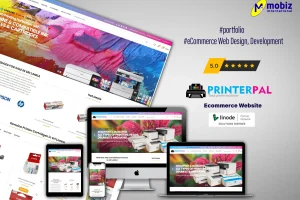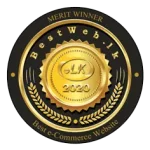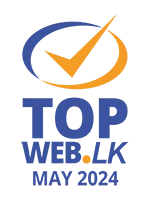
Stay with your current custom built ERP or go with a New system?
A critical management decision presents itself to companies that outgrow their custom made ERP systems or feel like they have! The way to navigate the decision around this topic can be tricky and therefore requires a framework to cover your bases.
Some of the overall considerations may include these:
Business landscape going forward – inputs/outputs
Client landscape going forward – evolving requirements
Future Compliance/legal requirements relevant to your industry (ISO 9001, 14001, 27001)
Future investment/investor outlook (transparency)
Board level requirements (justify why did we stay/go?)
Tech as a business support/admin function VS tech as a strategic growth enabler (digital transformation of the company to be a high tech business)
Pros and Cons of staying with your current system can be looked at in this fashion:
Pros:
Customization: Your system is tailored to your specific needs and processes, high flexibility and increased efficiency – do you have an industry best practice solution already in house without knowing it???
Control: Full control over the code (if it’s your in-house solution), data, and updates, allowing for quicker adjustments
Costs: No recurring licensing fees associated with standardized solutions if its your in-house built solution
Integrations: no lock out risk from newer tech ecosystems
Cons:
Support: You are not in the IT business (non-core)…ongoing upkeep, bug fixes, and upgrades require dedicated IT resources who may leave and leave you in the lurch…(loss of knowledge)
Scalability: Adapting to future growth or changing needs might be challenging with a custom solution (This can be tested…)
Integrations: Integrating with newer technologies or third-party software can be challenging if tech is outdated (legacy environment)
Security: Loss of data and info risk, disaster recovery, maintaining robust security and data privacy measures might require significant expertise and resources (This can be tested…)
Pros and Cons of leaving your current custom ERP solution can be seen as follows:
Pros:
Scalability: Designed to handle growth and adapt to changing business needs – cloud ready industry standard solutions
Support: Dedicated vendor/MSP support for upgrades, troubleshooting, and security patches. Readily hire market professionals in-house if required. Low loss of knowledge/risk due to staff (key user and IT) leaving
Integrations: Pre-built integrations with various technologies and popular applications.
Compliance: Standard solutions have global appeal for transparency metrics
Security: Vendor invests heavily in robust security infrastructure and compliance.
Cons:
ROI: Mapping ROI of a new solution can be very difficult if not planned out carefully
Customization: Limited ability to customize workflows and processes to perfectly fit your needs. Need to go with standard (industry best practice) solution as much as possible 80%+ VS customization
Control: Vendor controls updates and upgrades, and pricing may change for these without notice
Change management: vital and overlooked as new systems change the way people work and can cause redundancies
Costs: High cost exercise (budget and time overruns are common): recurring licensing fees, upgrades, implementation and maintenance costs add up over time (total cost of ownership – TCO).
Data migration: Often overlooked and underestimated – moving data from your existing system can be complex and time-consuming. (may be a one time exercise if done correctly otherwise there can be a lot of rework and data cleansing required)
Whilst these points highlight a management case where you have a custom ERP solution made tailored to your specific industry and needs, a similar set of considerations can be applied if you have a vendors solution and have outgrown it and wish to change that solution. Where the points would defer are the cost and code considerations as a vendor would largely control those areas.
Composed by G. Fernando, ERP Services, www.erpservices.lk















